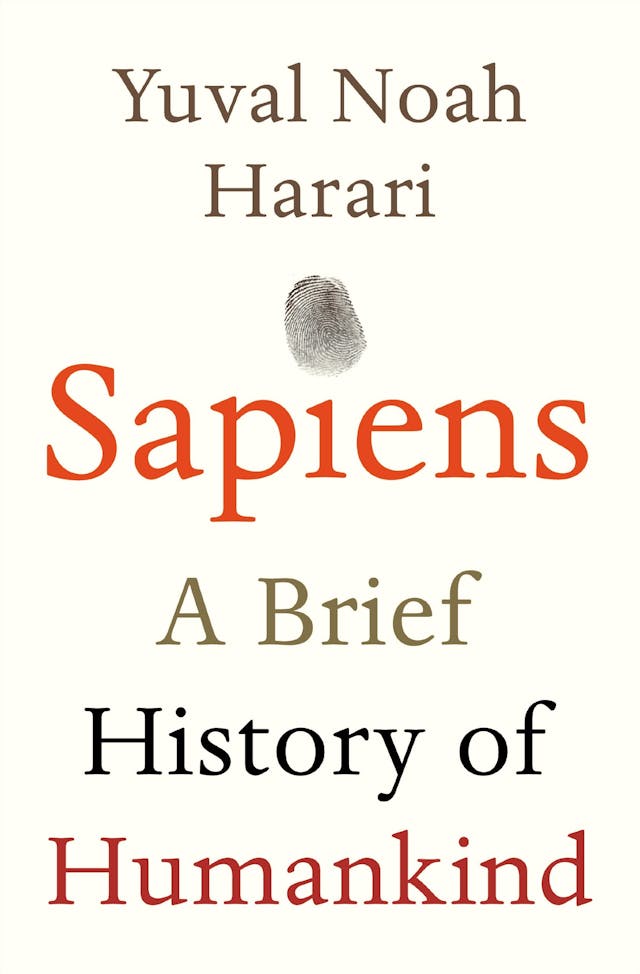A Short History of Nearly Everything Summary
Key Takeaways
- Science is not only a discipline of academics but a pathway to understanding the universe's mysteries.
- The curiosity and determination of many unsung heroes of science have contributed significantly to our current understanding.
- Understanding fundamental scientific concepts helps demystify the natural phenomena around us.
- The history of the Earth and humanity is intertwined with the history of the universe.
- Exploring scientific concepts can be enjoyable and accessible, not just a rigorous academic pursuit.
🌿 ReflectBay
Overthinking again?
You're not too much. You're just overwhelmed and it's okay. We help you untangle the noise and feel calmer.
We'll help you...
Summary
Bill Bryson’s 'A Short History of Nearly Everything' serves as an accessible introduction to the scientific principles and discoveries that explain the universe around us. Bryson uses a conversational tone to engage readers who might find scientific topics daunting or dry.
The book covers a broad range of topics, from the Big Bang to the rise of civilization, making complex subjects understandable and interesting. Bryson interweaves historical anecdotes and biographical sketches of scientists who have shaped our understanding of the world.
Bryson emphasizes the trial, error, and serendipity involved in scientific endeavors and how these processes have led to crucial discoveries about the Earth and beyond.
This book is praised for making science approachable, emphasizing that understanding the basics of science is crucial for everyone. Bryson’s enthusiasm and humor make it a compelling read for anyone looking to understand more about the planet we live on and the universe at large.
Also recommended

Sapiens: A Brief History of Humankind
Yuval Noah Harari
The Immortal Life of Henrietta Lacks
Rebecca Skloot
